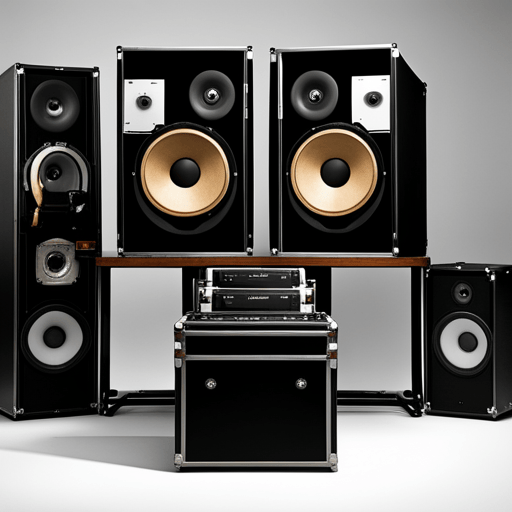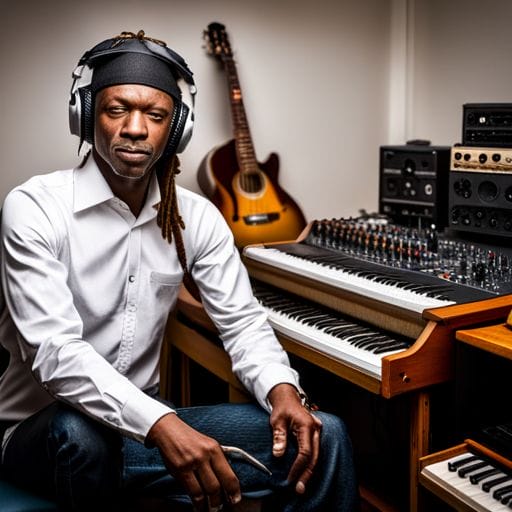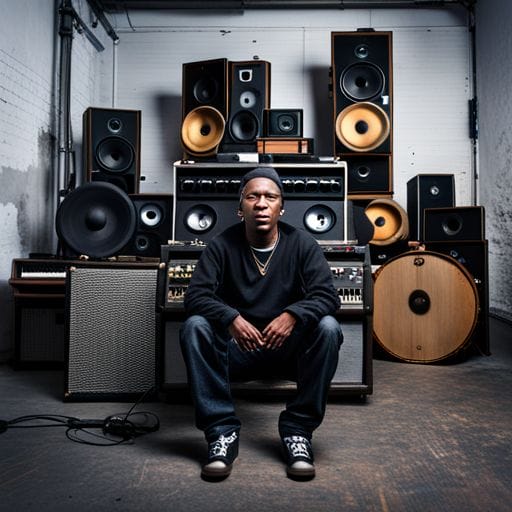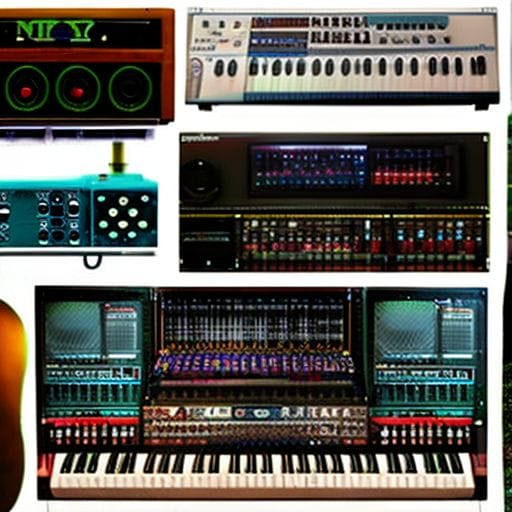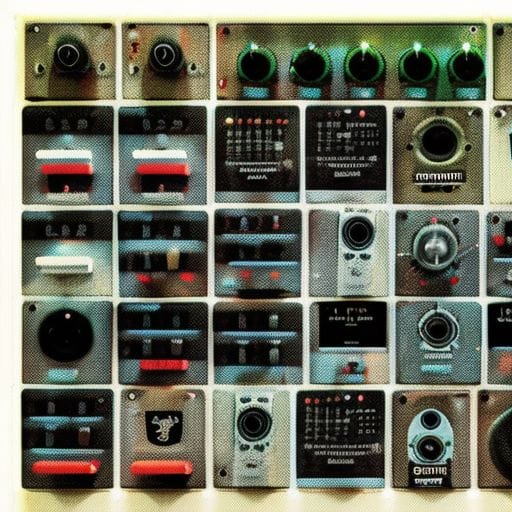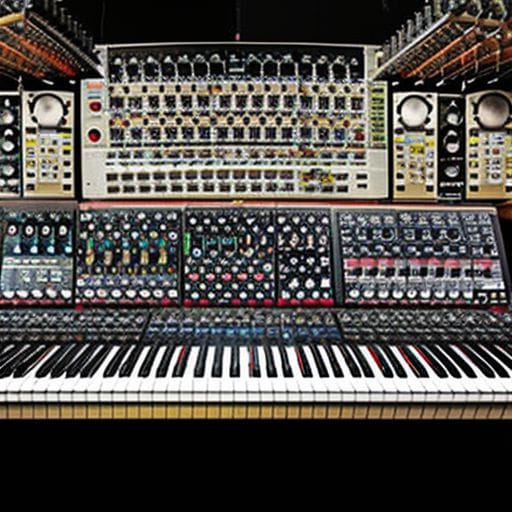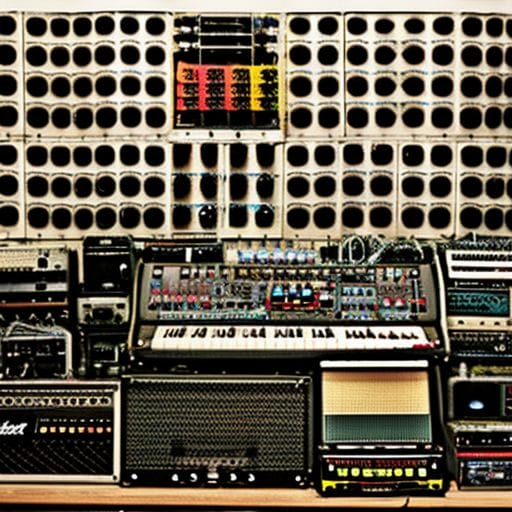Mixing Dancehall Reggae: Rhythms, Vocals and Dub FX
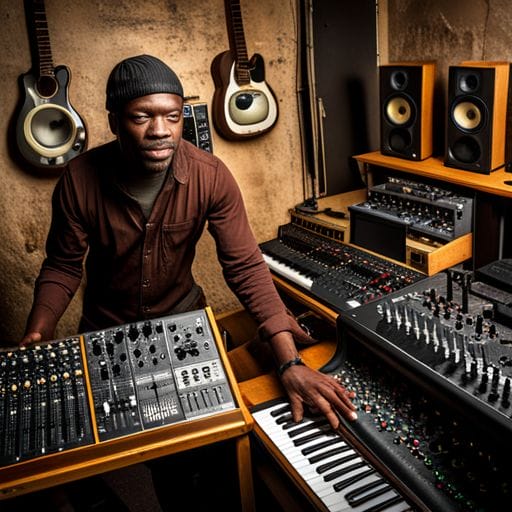
How can a music producer balance the different elements in a Dancehall Reggae mix?
Mixing Dancehall Reggae: Rhythms, Vocals, and Dub FX
Known for its infectious beats, expressive vocals, and rich dub effects, dancehall reggae is a genre that has shaped the musical landscape for over four decades. The genre’s infectious energy transcends geographical boundaries, and it’s no surprise that it continues to inspire artists globally. This article aims to explore the intricate process of mixing dancehall reggae, focusing on its distinct rhythm, unique vocal style, and evocative dub FX.

